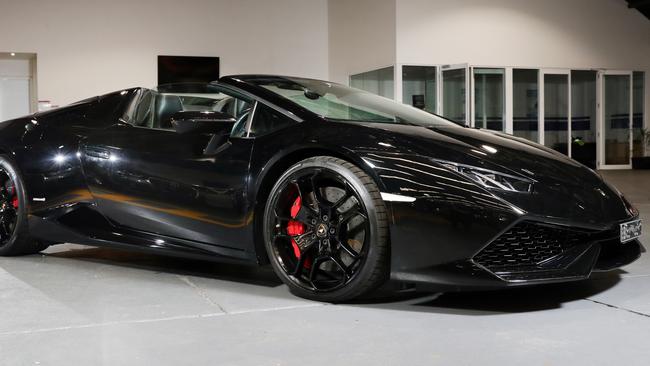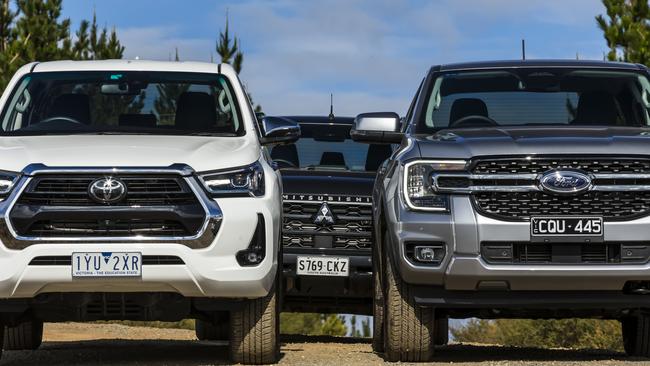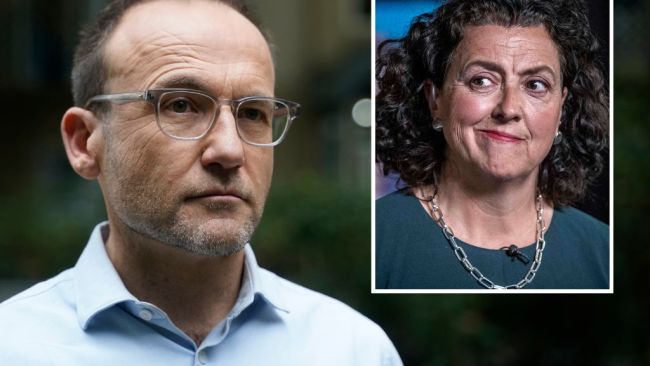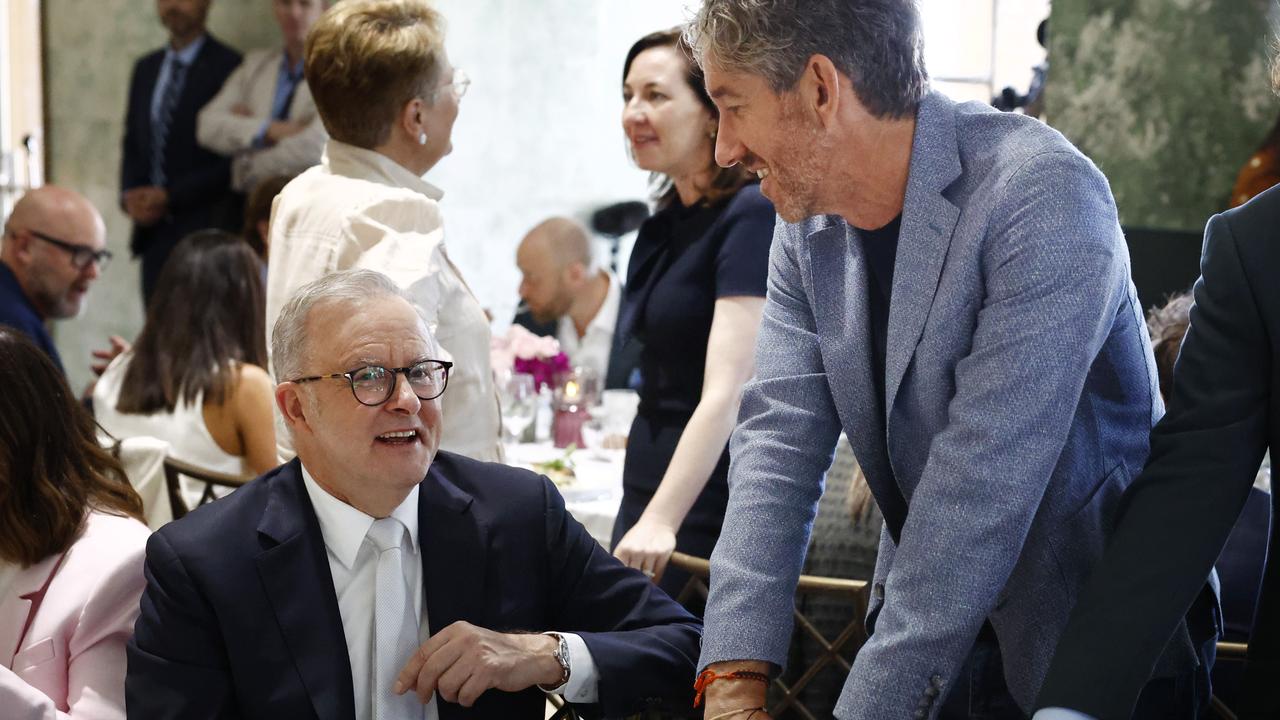Luxury cars set for tax cut while utes, family SUVs hit with emissions caps
Labor’s proposition to slash Australia’s luxury car tax as part of trade negotiations with Europe would see high-end car prices plummet, while emissions caps raise ute and SUV prices.

The federal government’s proposed offer to scrap Australia’s luxury car tax to seal a free-trade agreement with Europe would lead to lower prices for high-end cars while new fuel-efficiency standards would inflate the cost of entry-level models.
Anthony Albanese is eyeing the $5.2bn tax windfall as a bargaining chip to secure favourable access for Australia’s agricultural exports into the European Union.
The 33 per cent luxury car tax applies to vehicles worth $80,567 or more, with fuel-efficient vehicles subject to a higher threshold of $91,387. The tax, originally introduced to protect the domestic car industry, costs Australian luxury car buyers about $1.2bn a year.

It represents more than $30,000 on a Porsche Macan, more than $20,000 on a BMW X5 and $18,000 on a Mercedes GLE.
Meanwhile, Labor’s changes to Australia’s fuel efficiency standards are set to kick in on July 1, with fines for manufacturers that exceed government carbon emission targets. Sticker prices for entry-level petrol vehicles are expected to increase as brands pass the cost on to consumers.
The scheme implements fleet-wide emission caps which will decrease each year until 2029, with manufacturers able to offset their emissions by selling low- or zero-emission vehicles.
Suppliers who breach the cap are subject to fines, or must purchase credits from “cleaner” manufacturers.
There are two caps, one for smaller cars and another for “light commercial vehicles” which includes most of Australia’s popular ute models.
The first victims of the scheme have been the rear-wheel-drive models of the Ford Everest SUV and the Isuzu MU-X, ironically both the cleanest and most affordable models in their respective ranges. Production of both models was stopped due to the legislation.
Research released last month by the Federal Chamber of Automotive Industries also suggested that despite the increasing supply of hybrid and electric cars, “demand for EVs is weak”.

“We are at a critical point in transitioning to a lower-emission vehicle fleet. But the reality is clear: Australian families and businesses are not shifting in large numbers to EVs,” FCAI chief executive Tony Weber said.
The five top-selling models in April were the HiLux, Ford Ranger, Toyota RAV4, Ford Everest and the Toyota Prado, models all likely to fall foul of the fuel-efficiency standards in the coming years.



To join the conversation, please log in. Don't have an account? Register
Join the conversation, you are commenting as Logout